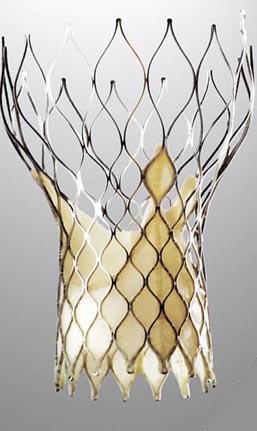Latest News Archive
Please select Category, Year, and then Month to display items
12 January 2024
|
Story Nonsindiswe Qwabe
|
Photo Sonia Small
 Since joining the UFS in 2008, Dr Grey Magaiza has worked extensively on approaches that can foster the socio-economic transformation of societies.
Since joining the UFS in 2008, Dr Grey Magaiza has worked extensively on approaches that can foster the socio-economic transformation of societies.
“The future should be one where communities can decide on their development agenda and futures. That’s the most important for me.” Dr Grey Magaiza, Deputy Director of the Centre for Gender and Africa Studies (CGAS) and Head of the Community Development programme on the Qwaqwa Campus, is passionate about capacitating communities to be agents of change and advancement. His vision for the future emphasises the empowerment of communities to take charge of their development by actively participating in decision making and the implementation of development projects that can improve their lives.
Since joining the UFS in 2008, Dr Magaiza has worked extensively on approaches that can foster the socio-economic transformation of societies. Over the years, he has crafted his research speciality into one that he is most proud of – being an interdisciplinary scientist immersed in the development of communities.
“I’m in a fortunate position of researching what I like. I say ‘fortunate’, because I’ve taken the time to understand what I’m passionate about, which is the overall field of rural livelihoods and livelihood futures – in short, community development. My research starts from an engaged university, understanding the elements that a university must use to enhance transformation and relevance to its immediate community in terms of development.”
One of the ways he has done this is by looking at social entrepreneurship as a development approach for young people in a rural setting. Through workshops with non-profit and civic organisations in Qwaqwa, Dr Magaiza has been helping these organisations to map out their needs and actively meet them through the involvement and support of external role players.
“We understand that communities are part of the national development agenda, but even that national agenda respects community knowledge and intentions and allows communities to shape their identity. A critical enabler of this is community organising. You bring back the capacity in communities to have dialogues on issues affecting them as spaces for engagement, knowledge exchange, and for people to just talk about their way forward.”
By enabling communities to define their development agenda, they can address their specific needs, challenges, and aspirations, he said. “When I look at livelihood futures, it’s quite an exciting aspect of my work – it’s like looking into a fortune tellers’ globe, because you’re not deciding for communities what they should do, but the communities themselves take those decisions.”
UFS Doctors make History in South Africa
2011-07-14
|

|
| New aortic valve |
Three members of our Faculty of Health Sciences made history by being the first to implant a special new aortic valve in South Africa.
In a combined effort, the Departments of Cardiology, Pediatric Cardiology and Cardiothoracic Surgery did the first Medtronic CoreValve implant in South Africa on a patient in Universitas Academic Hospital.
With the support of hospital management and the Medtronic company, Prof. Hennie Theron, Prof. Stephen Brown and Dr JP Theron of the Faculty of Health Sciences, with the assistance of Dr Jean-Claude Laborde, performed the operation early on Wednesday morning, 06 July 2011.
The advantage of this new valve is that it can be implanted percutaneously through a catheter from the groin. This eliminates the need for invasive surgery.
The valve is made from porcine pericardium (tissue derived from pigs) and is mounted on an expandable stent, which is threaded along an artery, until it reaches its desired position. Prof. Theron says the valve is especially useful in older patients who suffer from aortic valve disease and pose a high surgical risk. Furthermore, the use of this valve greatly reduces hospitalisation time, in comparison to traditional surgery.
“One patient already received an implant this morning and we hope to finish 2 more today,” Prof. Brown said, emphasizing the swiftness and efficiency of the new valve implanting process.
“It is a complex procedure, but this service can in future be offered to all patients in the public and private sectors of the Free State. It is heartwarming that the academic complex can take the lead in this modern, high-tech therapy.”
For more information on the procedure, please contact Prof. Theron at 051 4053428.